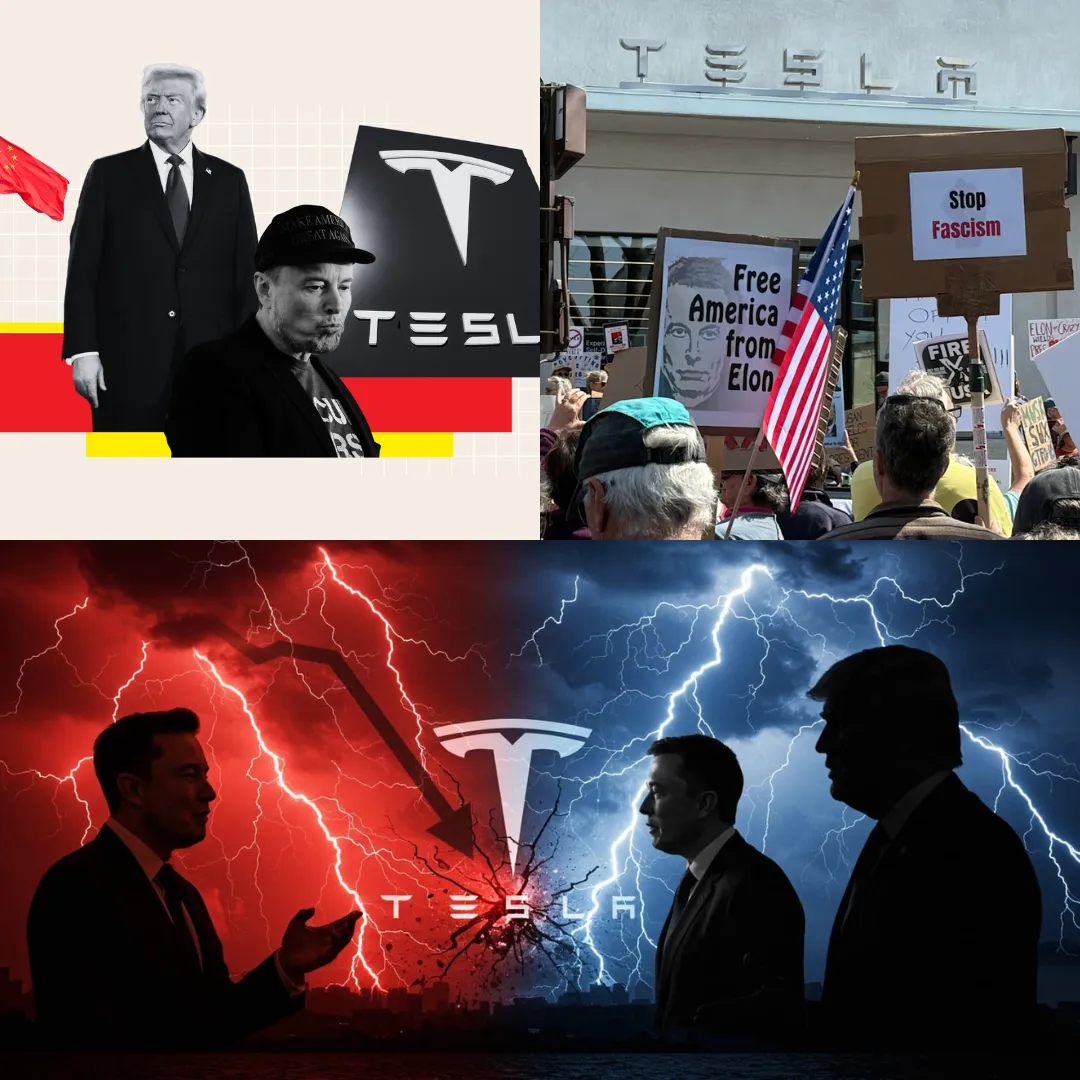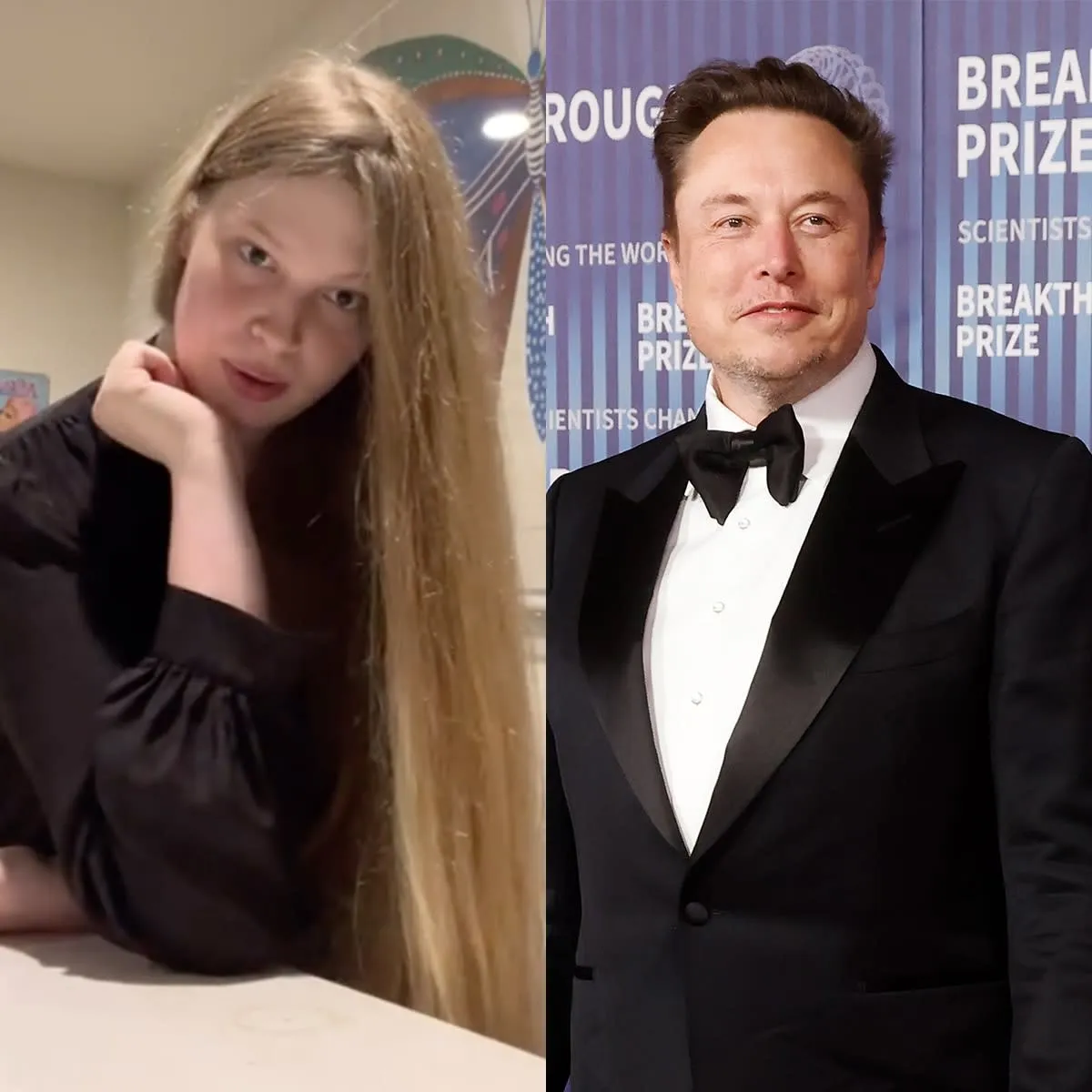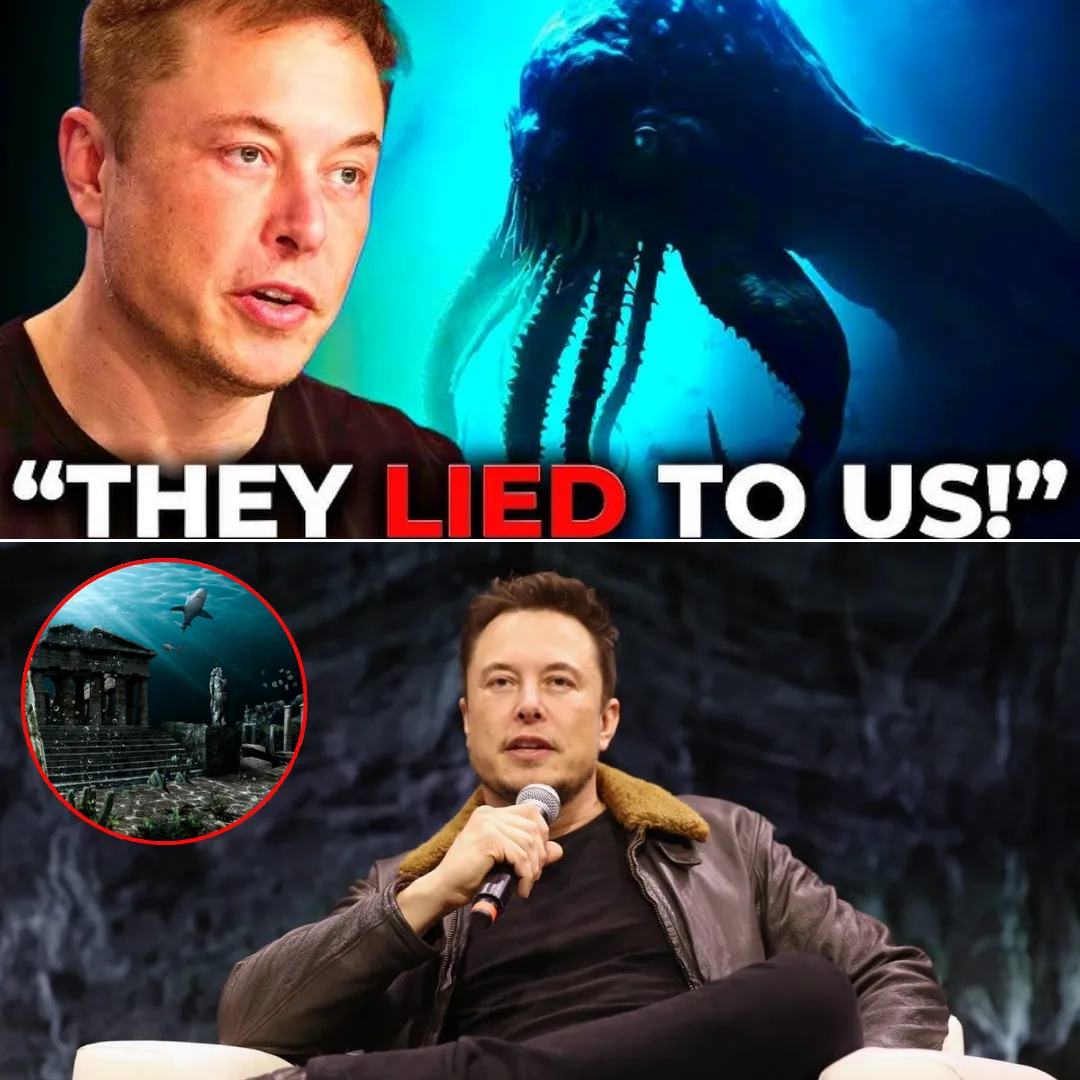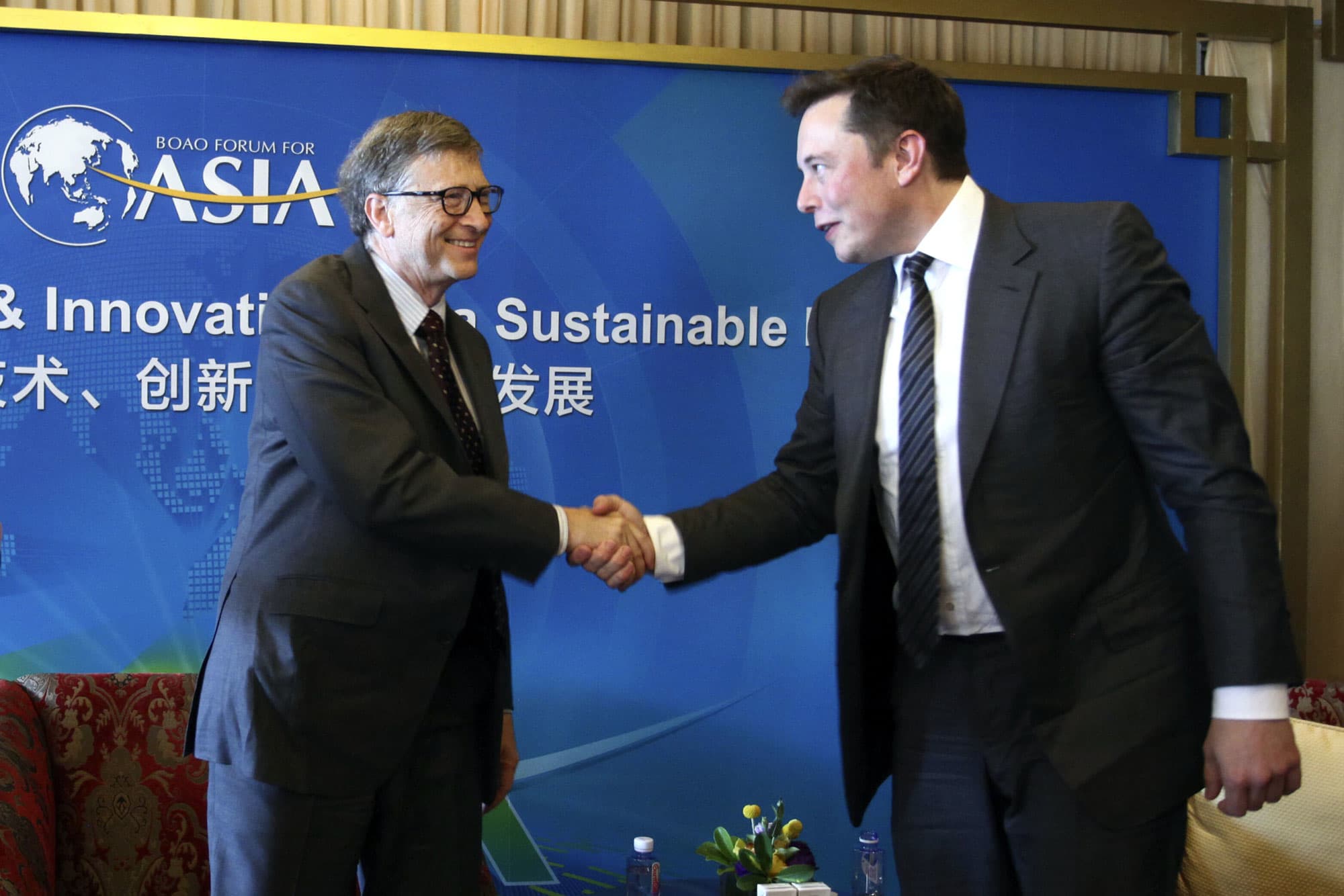
In a moment that redefines the future of global philanthropy and the moral obligations of the ultra-wealthy, Bill Gates has pledged to donate $200,000,000,000 to the world’s poor by 2045. The stunning announcement came on the same day he launched one of the harshest public attacks yet on fellow billionaire Elon Musk, accusing the world’s richest man of effectively “killing the world’s poorest children” through devastating cuts to U.S. foreign aid.
It was more than a charitable gesture—it was a declaration of war against apathy, indifference, and the political machinery that has allowed avoidable human suffering to spread on a mass scale.
Gates, now 69, said he will accelerate the dismantling of his own personal fortune and bring forward the shutdown of the Bill and Melinda Gates Foundation to December 31, 2045—years ahead of schedule. The foundation, created in 2000 with his then-wife Melinda French Gates and later joined by Warren Buffett, has already distributed $100 billion in global aid. But what Gates plans to do in the next 20 years dwarfs its entire past.

The goal: save millions of lives, eradicate diseases like polio and malaria, and stop what he described as a looming explosion of preventable deaths caused by what he sees as Musk’s reckless and inhumane governance.
Gates' announcement came just days after the Trump administration, with Musk at the helm of the Department of Government Efficiency (DOGE), began implementing massive cuts to the U.S. Agency for International Development (USAID), a government agency that spent $44 billion in fiscal year 2023 alone. With Musk publicly boasting about “feeding USAID into the wood chipper,” approximately 80% of its global programs are now set to be slashed.
These include life-saving initiatives for immunizations, maternal health, nutrition, and emergency relief. For Gates, this isn’t just political—it’s existential. “The picture of the world’s richest man killing the world’s poorest children is not a pretty one,” he told the Financial Times.
The implications of these cuts are stark. In an interview with Reuters, Gates warned that the world is about to witness the first major increase in global child mortality rates in decades. “The number of deaths will start going up for the first time... it’s going to be millions more deaths because of the resources,” he said.

Gates added that governments like the United States are abandoning their historic commitments to global health and anti-poverty programs, forcing private foundations like his to attempt the impossible: cover the gaps left behind.
Gates’ plan to give away $200 billion by 2045 includes boosting the foundation’s annual budget to $9 billion by 2026, and $10 billion annually afterward. But even that is a drop in the bucket compared to the cascading consequences of governmental withdrawal.
“There are too many urgent problems to solve for me to hold onto resources that could be used to help people,” Gates wrote on his website. “It’s unclear whether the world’s richest countries will continue to stand up for its poorest people.”
That uncertainty has turned Gates into something of an activist as well as a philanthropist. He’s been speaking directly to leaders, including two recent conversations with Donald Trump, pressing for a reversal in course. But when asked if he had reached out to Musk, Gates was blunt: it’s no longer worth the effort.
“It’s up to Congress now,” he said. The level of animosity between the two billionaires has grown beyond rivalry. It is now a philosophical war between two visions of what the ultra-rich owe to the rest of humanity.
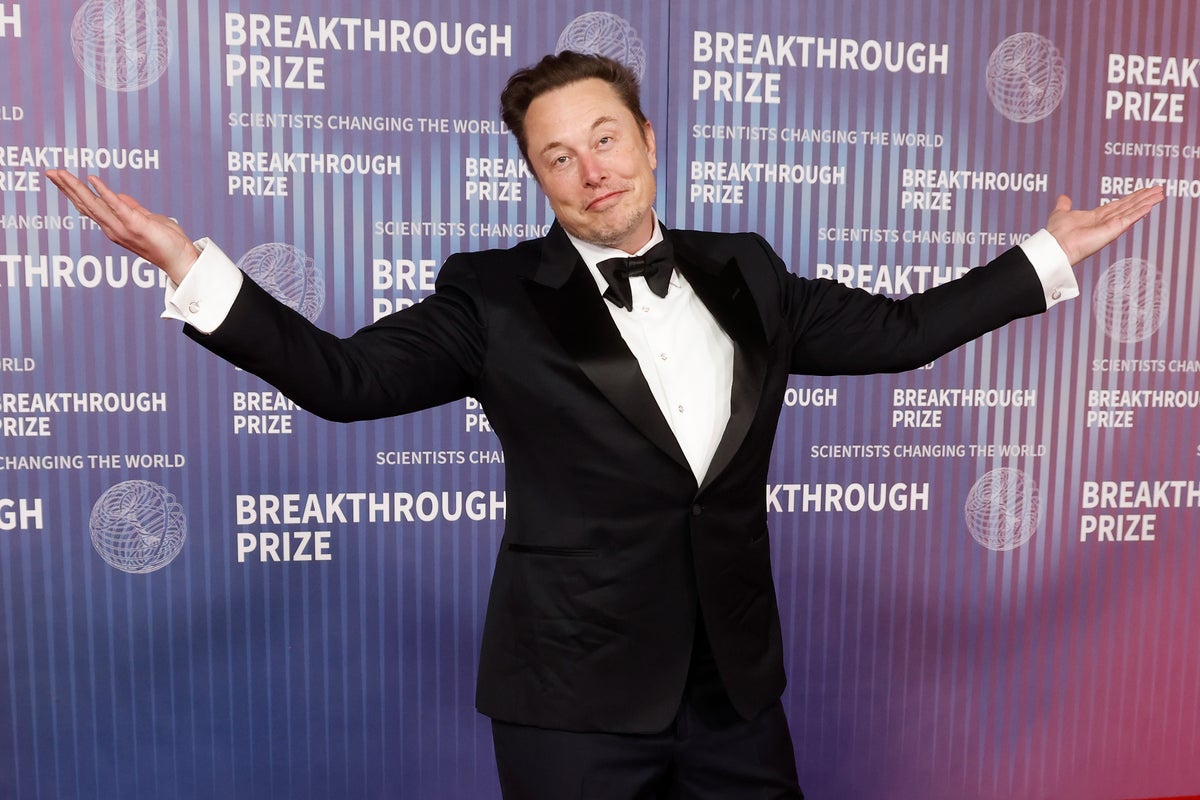
Musk, true to form, responded via his X platform with a brief but pointed message: “Gates is a huge liar.” No elaboration. No apology. No engagement with the facts. Musk’s spokespeople have not issued further comments.
Meanwhile, the effects of USAID’s collapse are already being felt across Africa, Southeast Asia, and Latin America. In regions where USAID provided vaccinations, maternal healthcare, and famine relief, hospitals are now closing, shipments are delayed or canceled, and families are being left with nothing. Gates praised the response of some African governments who are attempting to reallocate their own domestic budgets to fill the void.
But he was unequivocal: the fight to eradicate polio, for example, is all but doomed without U.S. involvement.
Despite the crisis, Gates remains hopeful. “I think governments will come back to caring about children surviving,” he said, imagining a 20-year window in which political priorities might realign with humanitarian needs. That’s why he set 2045 as the endpoint for the foundation’s mission—to give the world one last concentrated push of financial and strategic assistance in an era of retreat and cynicism.
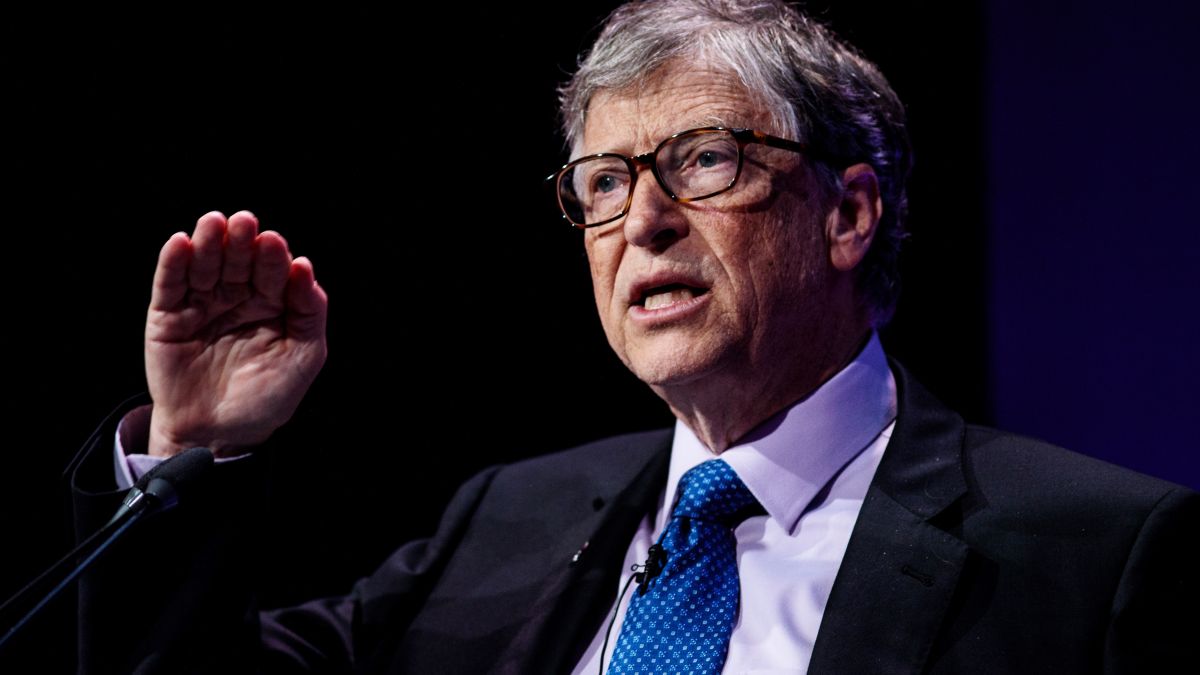
The symbolism of the timing was no accident. The announcement came on the 25th anniversary of the Gates Foundation, a milestone that Gates chose not to celebrate with nostalgia, but with urgency. He cited lessons learned from his parents, who taught him that wealth carries responsibilities far beyond comfort and legacy. “The world does have values,” he told Reuters. “That’s what my parents taught me.”
Still, not everyone views the Gates Foundation as an unblemished force for good. The organization has faced criticism over its oversized influence in global health governance, especially at institutions like the World Health Organization, where Gates has been accused of wielding power without democratic accountability.
And during the COVID-19 pandemic, he became the subject of bizarre conspiracy theories that falsely linked him to microchips and vaccine surveillance. Yet none of this appears to have deterred him. If anything, the rising tide of chaos and disinformation has solidified his belief that credible, focused giving is more necessary than ever.
What Gates has done is stake the remainder of his life and fortune on the belief that money—if used wisely, urgently, and ethically—can still change the course of history. His pledge isn’t just financial; it’s political, moral, and deeply personal.
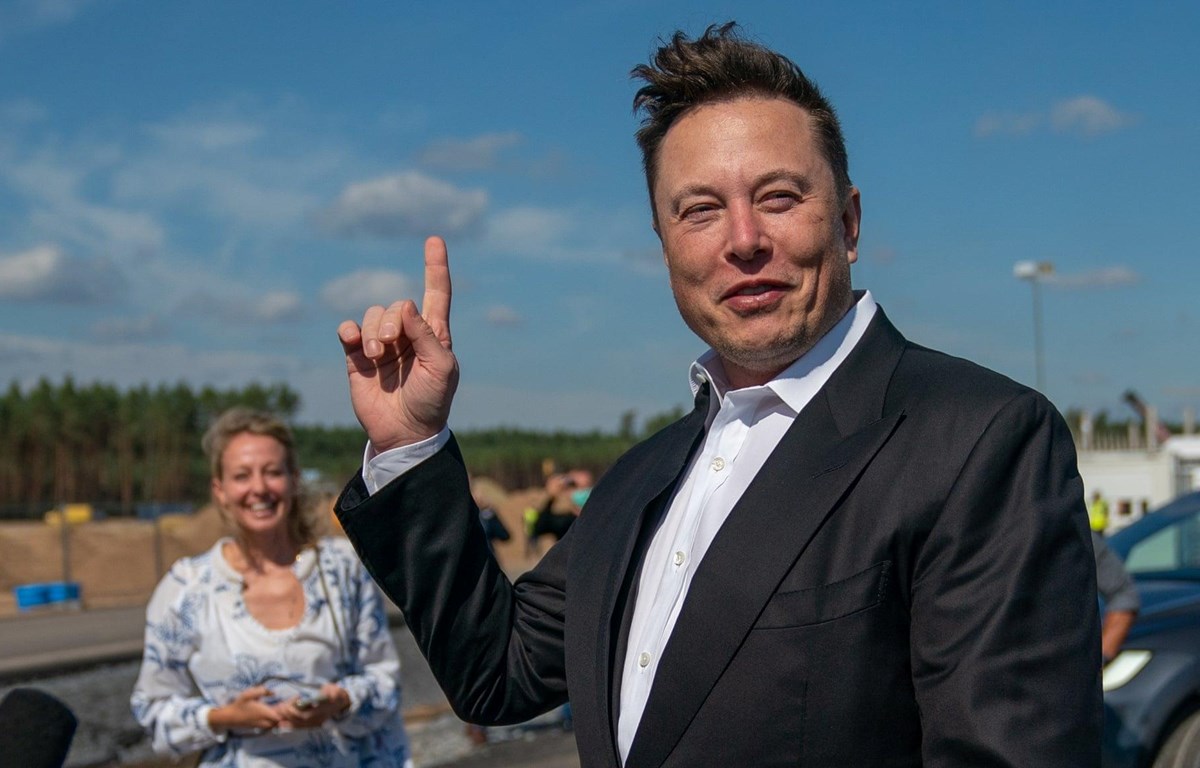
In contrast to Musk’s culture of disruption and libertarian dismantling, Gates offers a model of structured generosity and long-term investment in human survival.
It’s hard to ignore the irony. Two of the most powerful men on Earth, born into vastly different experiences but ultimately shaped by Silicon Valley’s rise, now stand on opposite ends of the philosophical spectrum.
Musk believes in tearing down systems. Gates believes in rebuilding them. One tweets about dominance. The other quietly builds schools, vaccine labs, and maternal clinics. And now, with $200 billion on the line, the contrast between them has never been starker.
If Gates succeeds, history may one day remember him not just as a software pioneer or pandemic planner, but as the man who tried to undo the damage of a collapsing world order. And if he fails, it may not be because he didn’t give enough—but because the world, under the leadership of men like Musk, stopped caring.
-1746587875-q80.webp)
